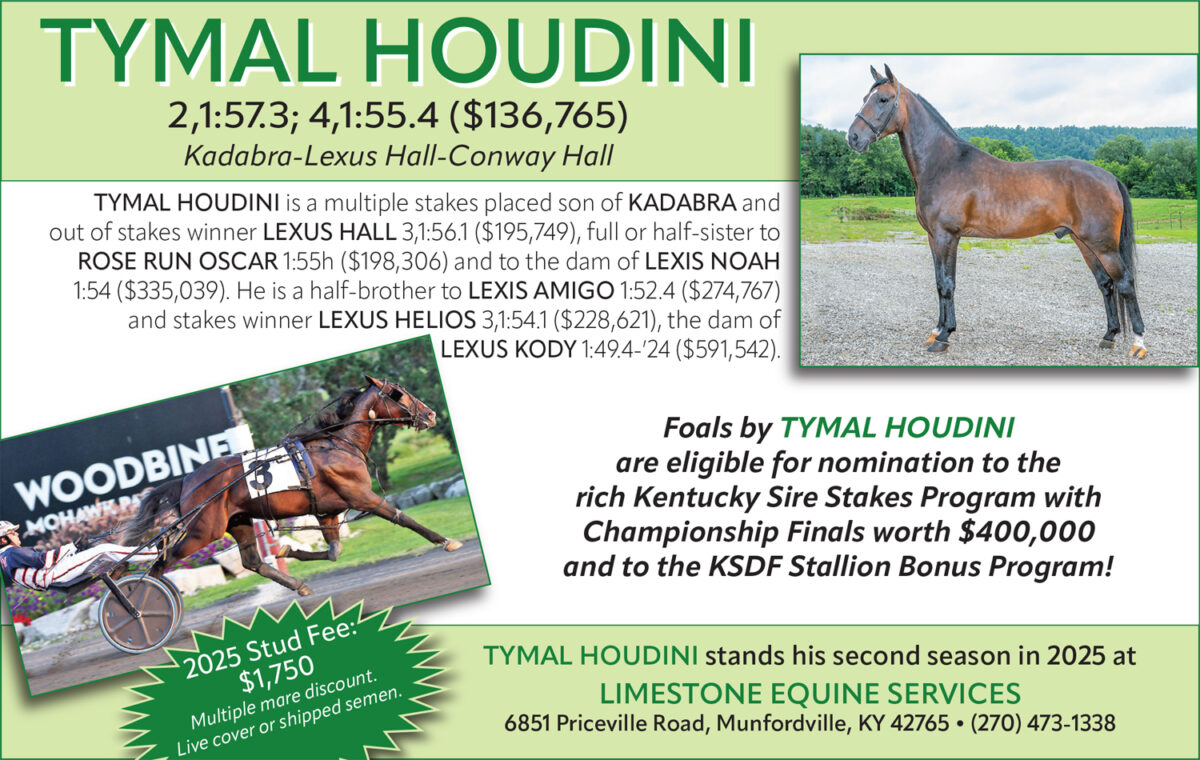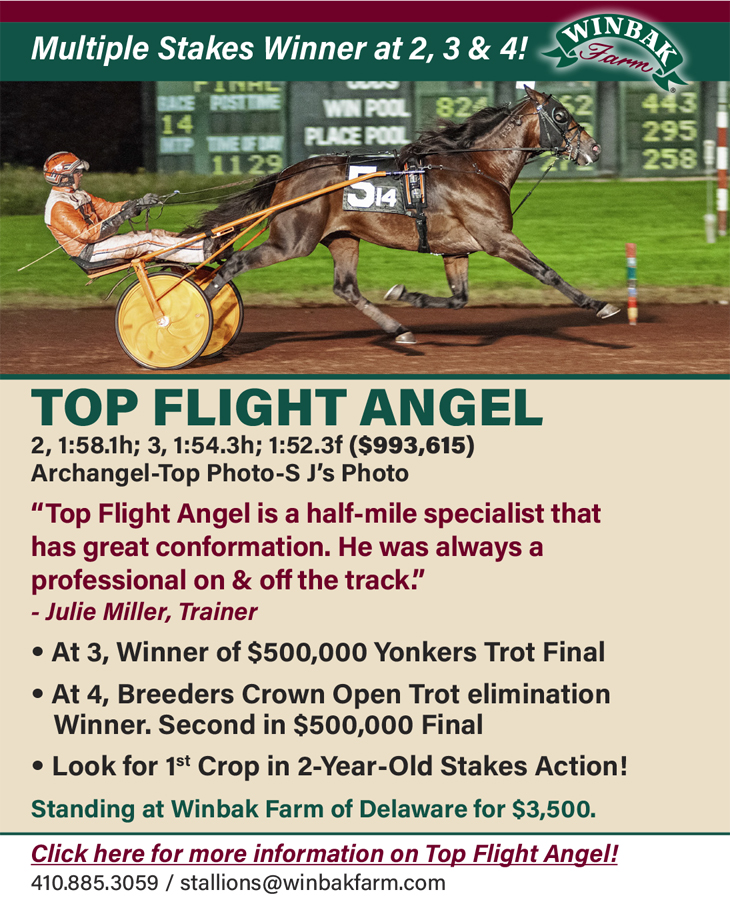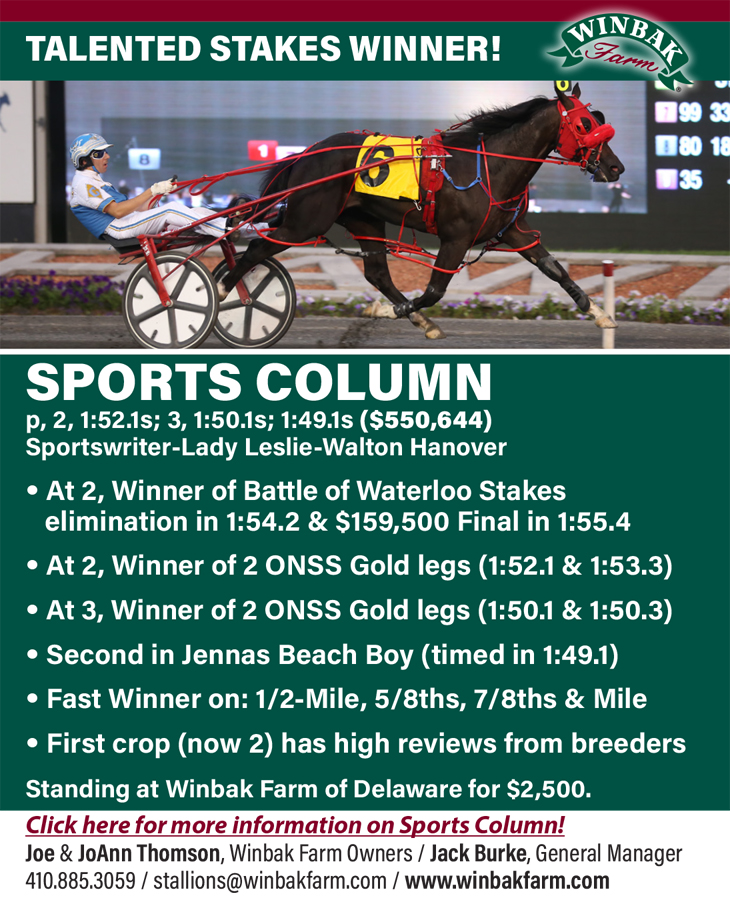
HRU Feedback (2018-01-21)
Integrity rule sews the seeds of sport’s self-destruction
(Editor’s note: The WEG/Big M integrity rule is currently being tweaked to address some of the concerns expressed in the following letter (full story here), but the opinion was still worth sharing. The new version of the rule was not available as of press time)
In a misguided effort to foster the integrity of harness racing, the promulgators of the WEG/Big M Rule (“Rule”) have unwittingly, or otherwise, sown the seeds of the sport’s self-destruction. No one should take issue with the goals pursued, but, rather, with the means proposed. While the Rule, presently, applies only to horses entered in stakes races, some are already advocating, in Harness Racing Update and elsewhere, that it should become applicable to “overnight racing.” Such an expansion of the Rule would have dreadful consequences.
The Rule, which was seemingly advanced by track owners rather than by any racing commission, essentially abandons and replaces years of carefully crafted rules, procedures, and penalties imposed and enforced by the various racing commissions within their respective jurisdictions. In so doing, the track owners have ignored fundamental principles of fairness and due process, relying, in part, on the argument that they, unlike the racing commissions, are not subject to such hindrances. In their place, the track owners have advanced concepts akin to “zero tolerance” and “mandatory sentencing” — all without any appellate recourse available to the persons charged. Indeed, the Rule, on its face, is designed so as to punish innocent owners and trainers who have done absolutely nothing wrong — other than being subject to a classic case of guilt by association. Consider that owners and trainers can be severely affected by one positive against another owner or trainer as to which they had no role, forewarning, or notice. Owners would be barred from racing horses they own, and trainers would be barred from racing horses they train – even though they, themselves, are without culpability. Such draconian sanctions would likely result in innocent owners abandoning the business and innocent trainers searching for horses to train. The financial risks attendant to strict enforcement of the Rule would undoubtedly affect every aspect of our industry from breeders to grooms. Sale prices would drop and many jobs would be lost.
As a lawyer for almost 50 years, I have a deep appreciation that laws and regulations are generally adopted in a good faith effort to foster the common good and effect justice. But there is no justice in a Rule that can effectively banish an entire stable from racing, or even being able to sell its racehorses for reasonable value, because one horse, from one trainer, on one occasion, had one positive that ran afoul of the Rule. How was the stable owner supposed to protect himself if the offending trainer had no prior positives? Why should the non-offending trainers no longer be able to race that owner’s horses?
My son Josh and I presently own and race approximately 20 horses, employing the services of five different trainers. This allows us to race our horses at most of the Northeast tracks. We have also employed the services of many other trainers during the past 25 years. While the vast majority of our horses race in overnights, hope springs eternal that stakes races remain a possibility, and without a doubt, if the Rule were ever to be applied to overnights, we would inevitably — through no fault of our own — be put out of business! Likewise, our innocent trainers would suffer the loss of our horses to race. Again, the Rule requires mandatory sentencing combined with “zero tolerance” in situations where the owners and trainers did nothing wrong. This resembles application of Sharia Law and is violative of any semblance of fairness or due process.
Let us not throw out “the baby with the bathwater.” Progress is being made in enforcement by both tracks and racing commissions. However, it is vital that violators and positives be penalized on an individual basis, taking into account any prior wrongdoing and all the attendant circumstances. Only then will “the punishment fit the crime.” Let not our zeal to clean up our industry divert our attention from the many owners and trainers who play by the rules. Finally, let us not unintentionally or otherwise destroy the sport that we all love.
— Howard J. Kaufman / Bryn Mawr, PA
Hit cheaters in the pocketbook
Since suspensions of any length are not stopping trainers from drugging their horses, as all they do is transfer horses into their Aunt Fanny’s name when caught, I believe it’s time to change the way this problem is enforced. Let’s face it, the cheaters are winning and will continue to do so, as current Commissions throughout North America have turned a blind eye towards the known beards that have infested every racetrack. Because of these reasons, I propose that a large monetary fine instead of suspension is the best way to slow down the fraud. In fact, don’t suspend them at all, providing they pay their fine. First offense should cost the trainer and owner 25K each. Until BOTH fines are paid, neither can race. Each additional infraction is doubled. And since horses didn’t volunteer for this type of abuse, a major portion of collected fines should be put into an account that helps with the cost of life after racing for these great animals.
— Mike Campbell / Milford, PA













